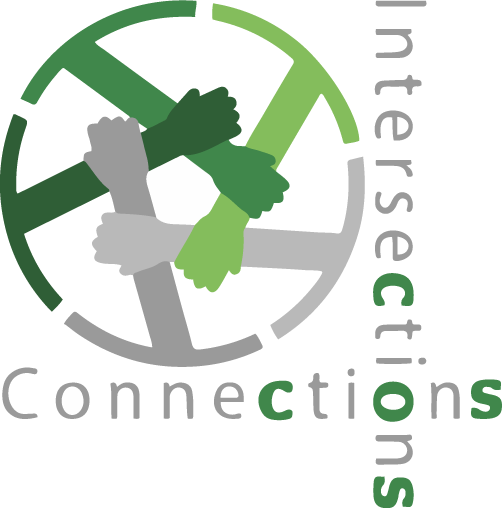Career Development and Recovery: Perspectives of Individuals living with Psychiatric Disabilities
Abstract
Historically, individuals with psychiatric disabilities have been thought to be incapable of finding meaningful work or careers. Currently supported employment models focus more on job placement than on exploring the career needs of this population. In order to better understand the benefits of work and career in recovery from psychiatric disabilities, we conducted four focus groups. These groups included individuals with lived experience, those from diverse backgrounds, and young adults diagnosed with mental health conditions. Qualitative data were analyzed by a four-member research team that included individuals with lived experience. Themes centered around the importance of “career” in comparison to a “job”, meaning and purpose associated with work, and the importance of a job to stability and structure. In conclusion, work is an essential component of the recovery process for those with psychiatric disabilities, offering opportunities for community participation and enhancing prospects for recovery in this population. These results have important implications for vocation services provided to individuals living with psychiatric disabilities. Future research is needed on the inclusion of career development in the delivery of effective vocational counseling services for this population.
Start Date
27-3-2019 10:00 AM
End Date
27-3-2019 10:50 AM
Room Number
U-Hall 3-100
Presentation Type
Paper
Disciplines
Psychology
Career Development and Recovery: Perspectives of Individuals living with Psychiatric Disabilities
Historically, individuals with psychiatric disabilities have been thought to be incapable of finding meaningful work or careers. Currently supported employment models focus more on job placement than on exploring the career needs of this population. In order to better understand the benefits of work and career in recovery from psychiatric disabilities, we conducted four focus groups. These groups included individuals with lived experience, those from diverse backgrounds, and young adults diagnosed with mental health conditions. Qualitative data were analyzed by a four-member research team that included individuals with lived experience. Themes centered around the importance of “career” in comparison to a “job”, meaning and purpose associated with work, and the importance of a job to stability and structure. In conclusion, work is an essential component of the recovery process for those with psychiatric disabilities, offering opportunities for community participation and enhancing prospects for recovery in this population. These results have important implications for vocation services provided to individuals living with psychiatric disabilities. Future research is needed on the inclusion of career development in the delivery of effective vocational counseling services for this population.



